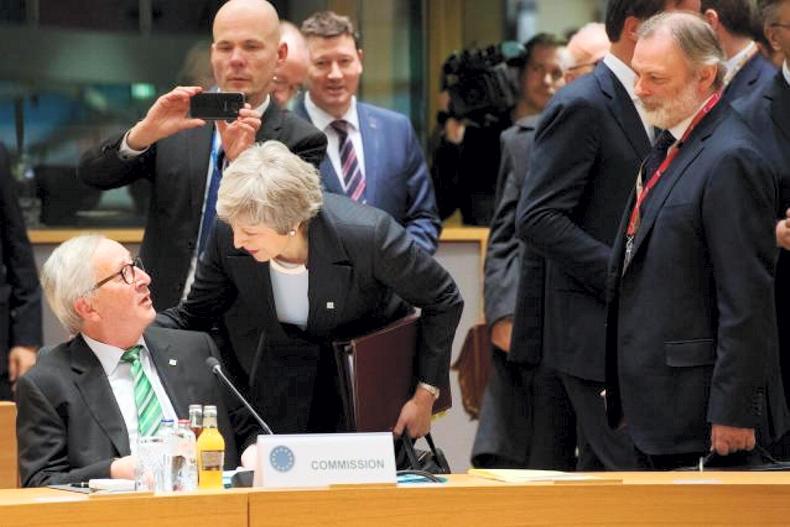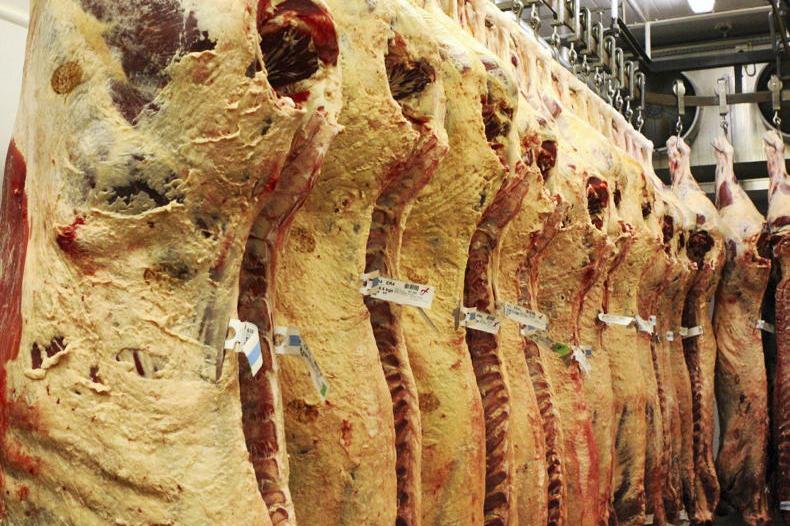From this Thursday morning, it will be just 99 days until the UK departs the EU and despite the decision being made in June 2016, we are still completely in the dark about what terms the UK will leave on.
This has huge implications for the entire economy in Ireland, every much as it will have on the UK, but within that it is agriculture that will be the most affected and farmers will feel the biggest impact.
No clarity in Westminster
Even as the clock ticks down to the UK departure, there is little indication of what course the UK Government will pursue for a trading relationship after Brexit on 29 March 2019.
It is in the past week that the issue of confronting the Brexit reality has come to a head after two and a half years of big speeches, big ideas and big ambitions from the prime minister that ignored the reality that the UK was stepping away from its main trading partner, the EU.
Some in the UK government believed it would be a simple negotiation to preserve its trading interests in the EU without the less desirable parts.
This has not worked with the EU refusing to bend on its principles for the customs union and single market.
It has taken until recent weeks for this to be understood in Westminster, and while there are still some who are bullish about what the UK can do with a no-deal Brexit, most, including a majority of MPs, are opposed to a no-deal Brexit.
The problem is they cannot decide on what type of deal it should be.
While the UK economy, the fifth largest in the world, is big enough to go it alone even if Brexit does cause it damage, Ireland which has a small and open economy being such a huge exporter, will be much less able to withstand the hit of a no-deal Brexit.
The ESRI is forecasting that growth will continue, though at a much lower level after a Brexit with no deal.
That is fine in an era of economic growth but when the cycle hits a downturn again, as it inevitably will at some point, it is then that a divergence from the UK would really hit home.
Farmers worst hit
Of course, for farmers, the hit on the agricultural sector will be immediate across Ireland though in a different way.
Over half of Irish beef exports are to Britain and if there is no deal and WTO terms of trade apply, the tariff charges would double the cost of some Irish beef exports to the UK.
This would collapse Irish beef exports and there is no alternative market of a similar value that can accommodate this volume of beef, in excess of 250,000t annually.
On dairy and pigmeat, the UK is also Ireland’s main export market but as these products trade globally at world market prices, there are at least options of developing alternative markets. However, there would be serious implications for farmers who send pigs from south to north for processing in Cookstown as WTO tariffs would put an end to that business.
NI dairy and Scottish sheep
Farmers in the North and Britain would also face serious consequences of a no-deal Brexit even if the chaos of Irish produce being displaced by tariffs would create some opportunity.
One-third of Northern Ireland’s milk goes south for processing, and this would no longer be economically viable with WTO tariffs adding a 74% cost to this.
Processing in NI may physically be possible with the development of increased capacity for handling milk powder but this would devalue the product and the return to farmer suppliers.
Sheepmeat is the one category where farmers in the Republic of Ireland are least exposed to the UK market.
Similarly, it is the sector where farmers in the UK regions of Northern Ireland, Scotland and the biggest sheep producing region of all, Wales, would be most hit by a no-deal Brexit and trade under WTO terms.
Almost half – or over 400,000 lambs from NI –make their way south each year for processing while one-third of Scottish production is exported to the rest of the EU.
Overall, the UK is the biggest exporter of sheepmeat in the world after Australia and New Zealand, so while Irish exporters may have some opportunities in the EU 27 after Brexit, the consequences for Northern Irish and Scottish exporters would be horrendous.










SHARING OPTIONS